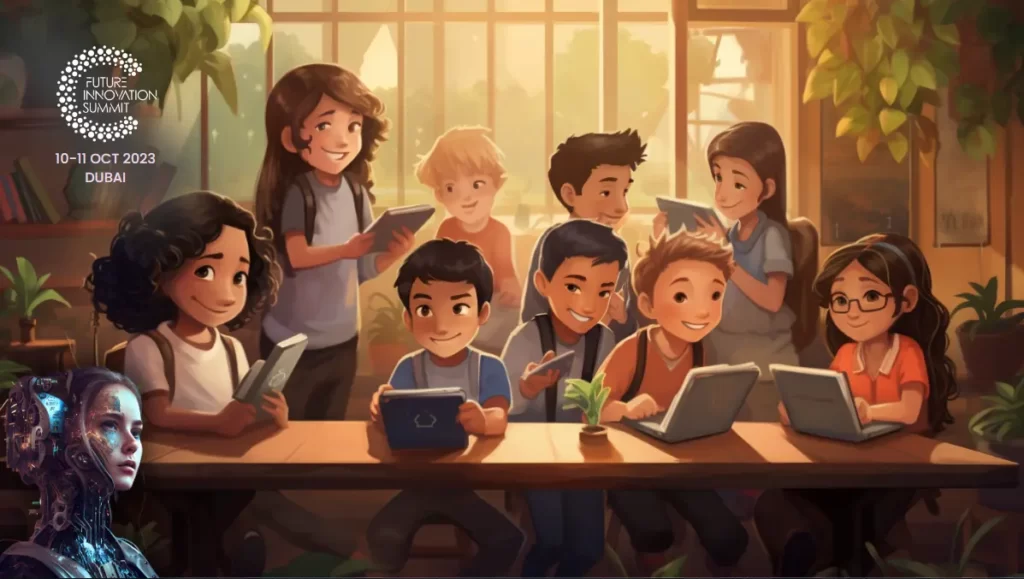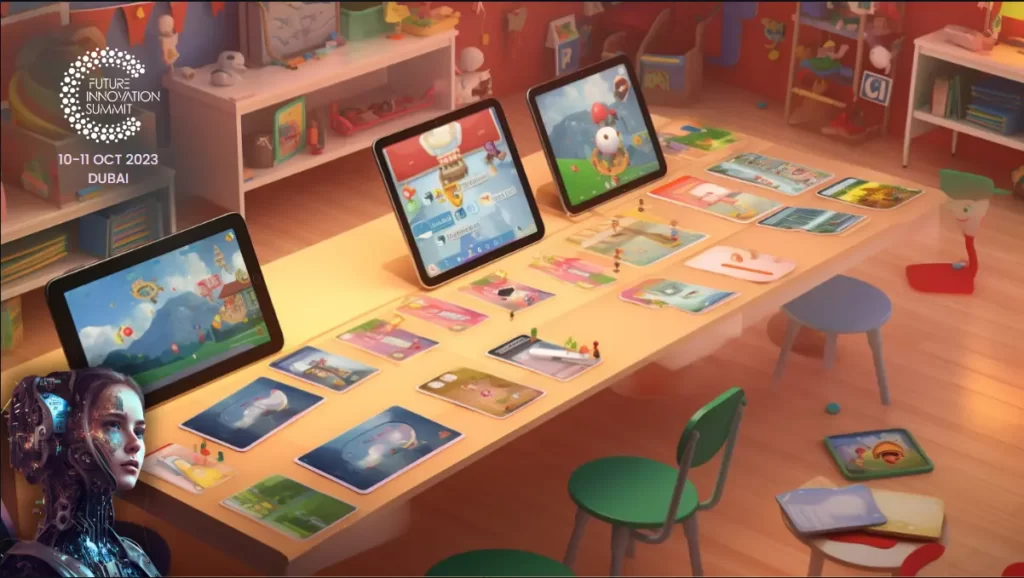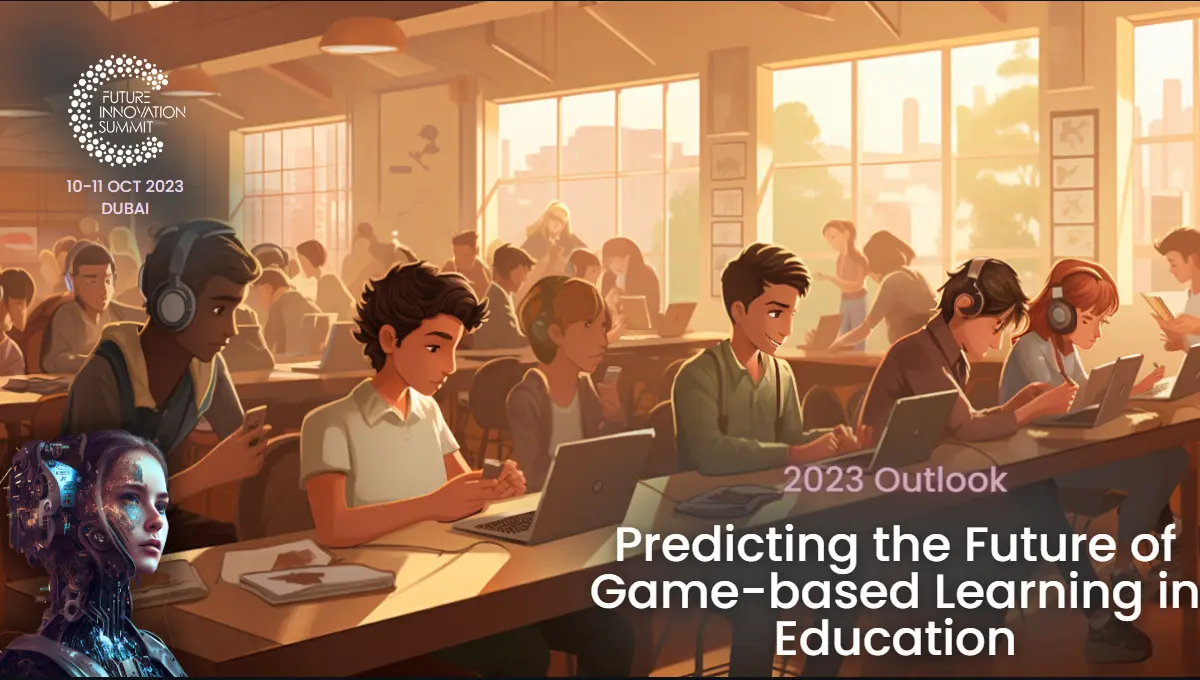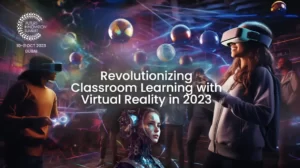Introduction
Game-based Learning in Education: As we approach the mid-point of 2023, it’s clear that educational technology (EduTech) continues to transform how we learn. A fascinating trend in EduTech is the rise of game-based learning. With students worldwide becoming digital natives, it’s time to embrace the potential of integrating gaming into education. This post will discuss the outlook for game-based learning in education for the remainder of 2023 and beyond.
Why Game-Based Learning in Education?
Game-based learning refers to using video games to enhance the learning experience. This approach combines entertainment with education, making learning interactive, fun, and engaging. Game-based learning works on the principle of ‘learning by doing,’ which aids in information retention and developing critical thinking skills. Students are placed in an immersive environment where they must solve problems, make decisions, and face the consequences of their actions – all while having fun.

Current Trends in Game-Based Learning
Game-based learning has been making waves in the education sector, and several trends are contributing to its increasing popularity:
- Adaptive Learning Games: These games adjust their difficulty based on the learner’s performance, providing a personalized learning experience.
- Immersive VR Games: Virtual Reality (VR) offers an immersive educational experience. VR games can take students to different eras, places, or even inside the human body!
- Social-Emotional Learning Games: These games help students develop empathy, resilience, and emotional intelligence.
- Coding Games: With coding becoming a fundamental skill, coding games are a fun way to introduce kids to programming.
The Future of Game-Based Learning
Looking ahead, here are some predictions for the future of game-based learning:
- Rise in AI-Powered Learning Games: AI has enormous potential in EduTech. AI can personalize gaming experiences, adapt to the learner’s pace, and even simulate human-like opponents to challenge the learner.
- Increased Use of AR and VR: Augmented Reality (AR) and Virtual Reality (VR) offer immersive learning experiences. VR equipment costs are decreasing, making it more accessible for schools.
- Integration with Curriculum: As educators see the benefits of game-based learning, we can expect a more significant push for integrating it with traditional curricula.
- More Focus on Soft Skills: Games can be practical tools for teaching communication, teamwork, and problem-solving skills.
- Greater Emphasis on Gamification: Even if the learning process doesn’t involve games directly, gaming principles can be applied to make learning more engaging; This includes elements such as leaderboards, badges, and progress tracking.
Bringing the Industry on Board
The increasing recognition of game-based learning’s potential has already spurred significant industry involvement. A rising number of tech companies, startups, and established game developers are entering the EduTech sphere, developing educational games for both the institutional and consumer markets.
Case Studies: Successful Implementations
To fully understand the impact of game-based learning, let’s look at a few examples of its successful implementation:
- Minecraft: Education Edition: Microsoft’s Minecraft: Education Edition is a prime example of a game that promotes creativity, problem-solving, and collaboration. Used by educators worldwide, it provides an immersive digital environment where students can work together on projects, demonstrating the power of game-based learning.
- Prodigy: This math platform turns learning into an exciting adventure game. The game adapts to each student’s strengths and weaknesses, balancing challenges and achievable progress.
- CodeCombat: Designed to teach Python and JavaScript coding skills, CodeCombat immerses students in a game world where they must code their way through challenges, fostering a fun and interactive learning experience.

Overcoming Challenges
Despite the exciting prospects, the path toward widespread adoption of game-based learning is challenging. Concerns around screen time, the need for increased digital literacy among educators, ensuring equitable access, and integrating games with existing curriculum frameworks are some issues that need to be addressed. But with continued collaboration between educators, game developers, policymakers, and researchers, these challenges can be overcome, paving the way for a new era in education.
Final Thoughts
In conclusion, as we move into 2023, game-based learning will become a transformative force in education. With its potential to make learning fun, interactive, and practical, game-based learning represents an exciting frontier in EduTech. Keep an eye on this space as we explore this and other EduTech trends throughout the year.
- Summit topics: AI – Sustainability – EduTech – HelthTech – FinTech
- Visit our LinkedIn page.
- AI generates images.










